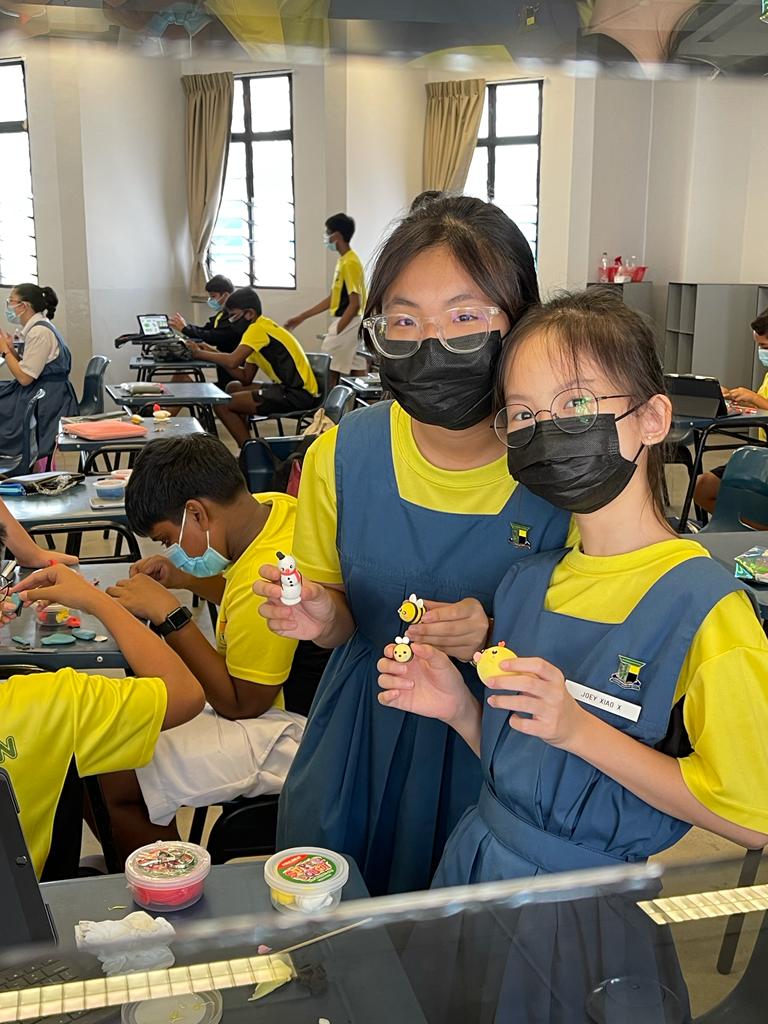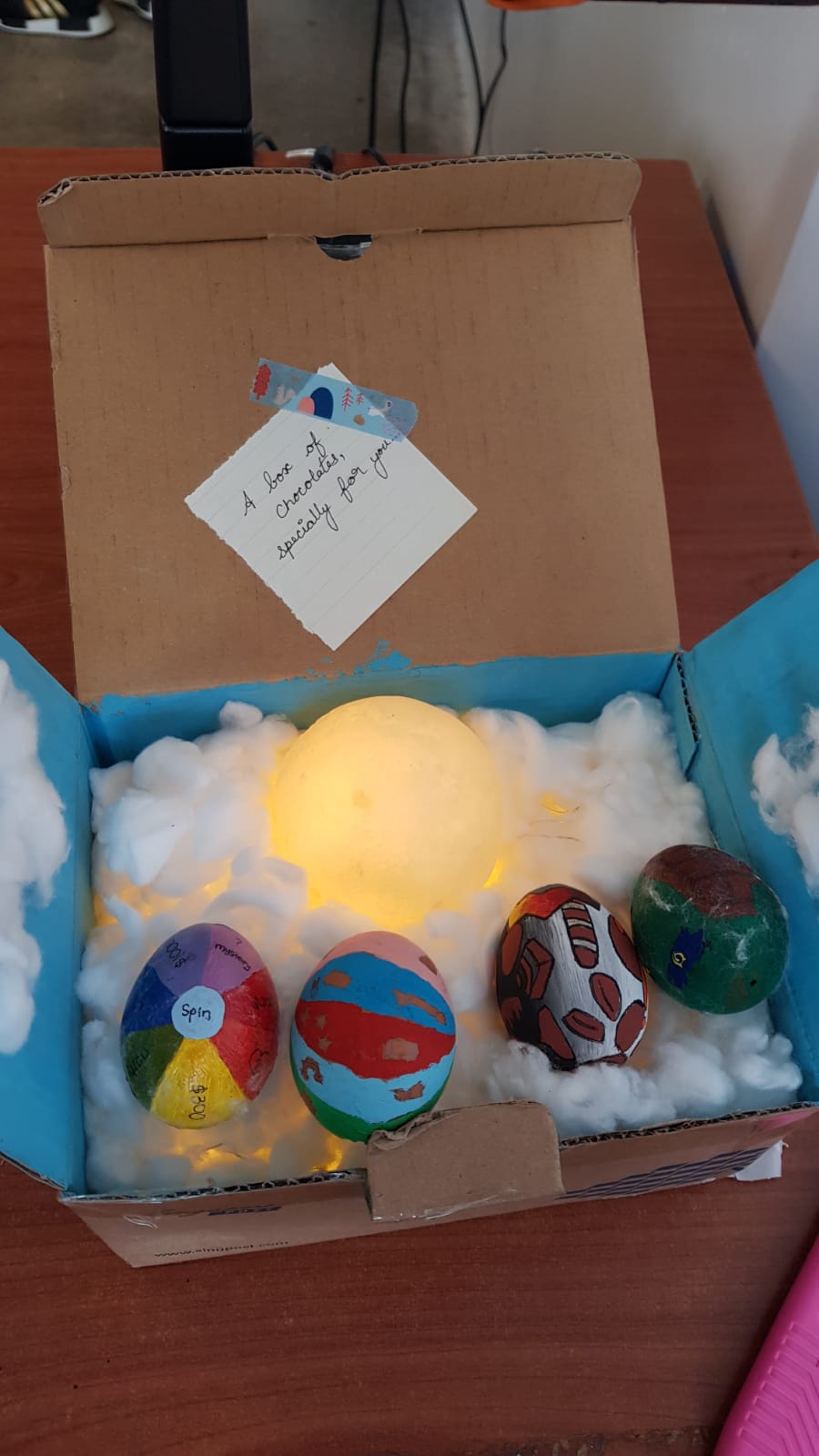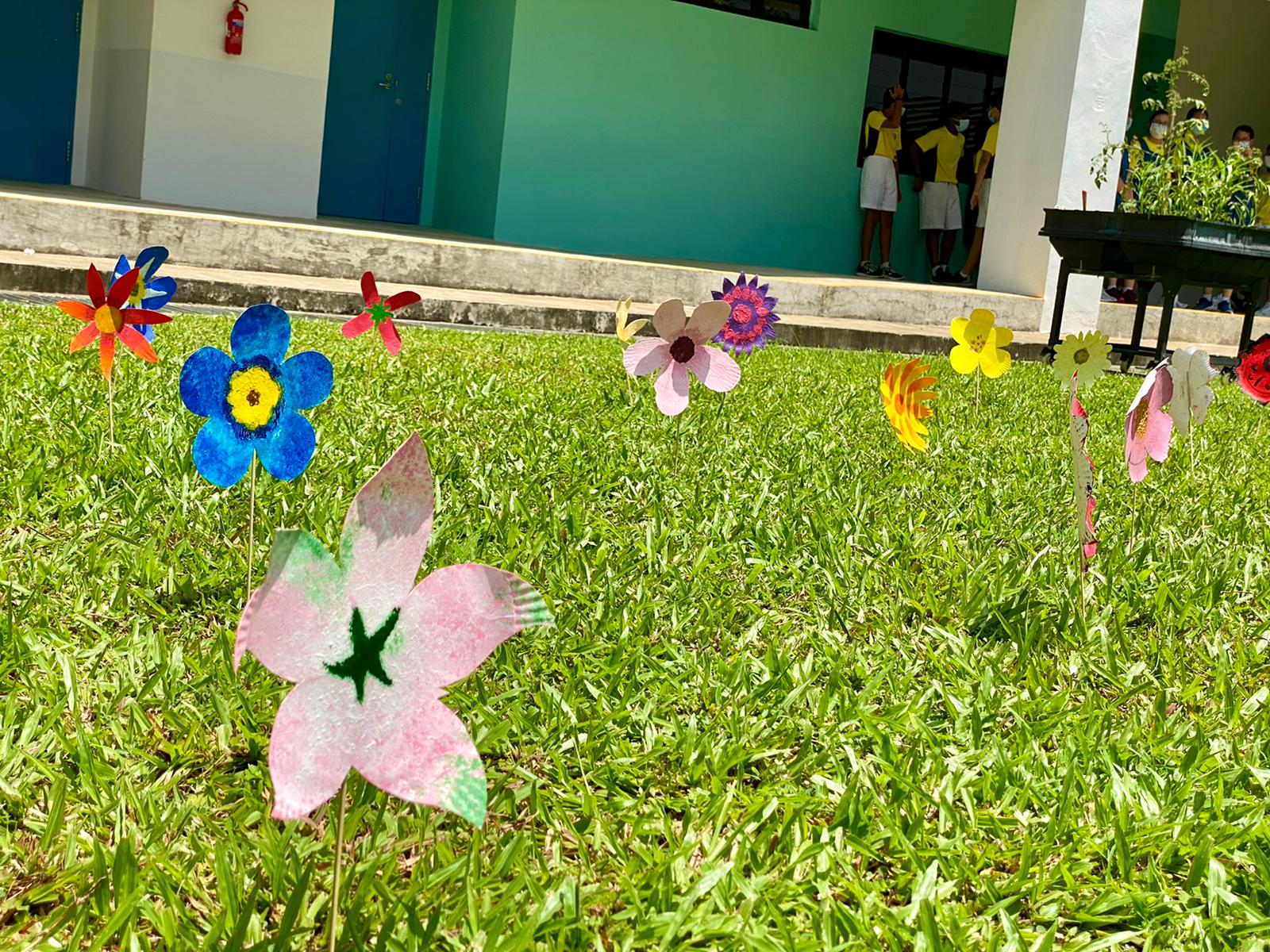Aesthetics & Technology
Subjects offered by Department
Art Design & Technology Food & Consumer Education Music Mobile Robotics
Key programmes of Department
The Aesthetics & Technology department aims to develop students’ in the different domains though the various programmes provided by the five unique subjects (Art, D&T, FCE, Music & Mobile Robotics).
The Art curriculum aims to nurture Andersonians to be passionate and appreciate visual art, promote the learning of various art forms/media and give them a platform to exhibit their leadership abilities through meaningful activities. The focus for lower secondary programmes are on themes, art forms/media and artworks/artists. Students are exposed to various techniques, experiment with different materials and incorporate the use of technology.



The D&T curriculum aims to equip students with problem solving skills so that they have the ability to apply them across all disciplines. Students are also able to build a link between textbook knowledge and real-world application through a themed project that aims at value creation through D&T with innovative solutions to real world problems.
The FCE curriculum aims to equip students at the Lower Secondary level with knowledge about diet and health so that they can be more discerning when choosing nutritious food for good health. In order to provide an enriching experience and extend their learning beyond the classroom, teachers use themes where students are able to apply their knowledge to real-life situations.

The Music curriculum aims to provide every student with the opportunity to experience, appreciate and respond to all kinds of auditory art. The assessment for General Music Programme (GMP) is designed to ensure that there is engagement with sustained music-making activities. As students are the best appraisers of the teaching they receive, teachers behind the GMP thrive on the feedback from students.

Mobile Robotics, which is for the Upper Secondary Normal Technical students, aims to provide students with the experience of developing their own mobile robots and equip them with basic knowledge and skills in electronics, intelligent control as well as electrical and mechanical designs. Their mostly concrete and hands-on learning is connected to real-life applications.

